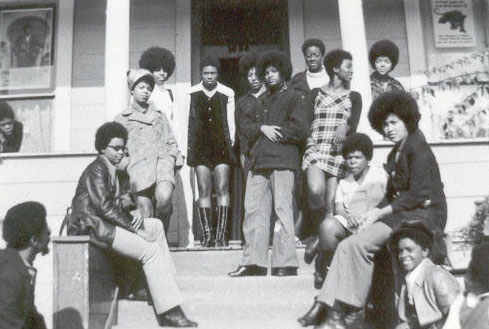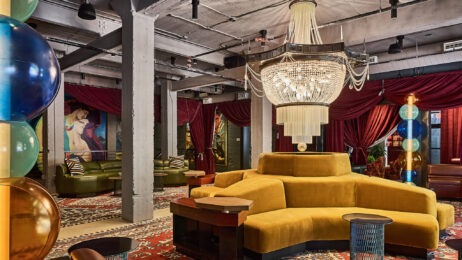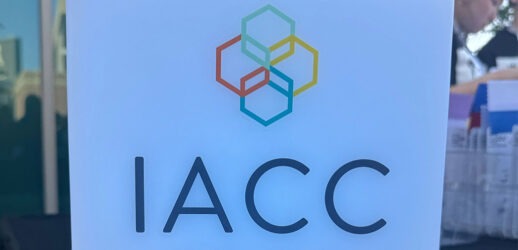In Oakland, California, on the eve of Black History Month, an original member of the Black Panther Party sipped locally roasted coffee and munched on waffles at the offices of Visit Oakland as she recalled what it was like.
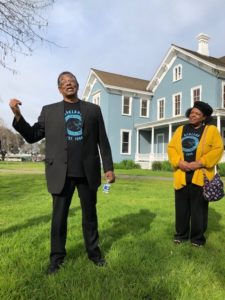
“I was looking for something to do until I could start college here, so I volunteered,” says Katherine Campbell, who is “almost 70” and was one of three former panthers leading a Black Panther Party Legacy Tour on this sunny morning. “Plus, we got housing; we got fed. Little did I realize how it would change the course of my life.”
The Black Panther Party (BPP) originated in Oakland in 1966. Over its 16 years, it created more than 65 “survival programs,” such as breakfast and lunch for school children, free health clinics, sickle cell anemia testing, senior housing, paratransit and community gardens. The party grew to more than 40 chapters and branches across the country and world—attracting support by celebrities, including Marlon Brando and Jane Fonda, and ferocious opposition by many in the political establishment and law enforcement.
“It was like going into the Sahara Desert, with no oasis,” says Saturu Ned, another member of the original BBP who is now CEO of Black Panther Power, a Black Panther apparel and retail company that earmarks all sales revenue to its Knowledge to the People Fund. This fund supports modern-day survival programs for “the basic needs of the people who reside in communities that are without an economic infrastructure or foundation,” according to the company’s website.
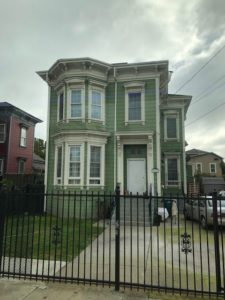
During February, Oakland’s celebration of Black History Month includes a Black Food & Wine Experience (this sold-out event occurred on Feb. 1); Inside the Black Panther Archives with Fredrika Newton, widow of the party’s co-founder, Huey Newton (Feb. 12); and a Black Joy Parade (Feb. 23). Visit Oakland has created a black-history page on its website and is also promoting a list of black-owned restaurants and businesses that groups and others can support while visiting.
Planners can arrange two-hour walking tours of downtown Oakland sites that figured prominently in Black Panther history, but the media tour that Ned and his fellow panthers led also included the group’s former central headquarters, the site of its free health clinic and the unassuming yellow bungalow where 17-year-old Bobby Hutton, the first and youngest panther, was gunned down by police during an assault on him and fellow member Eldridge Cleaver.
Oakland Museum of California has a permanent exhibition devoted to the history of Black Power movements in the state that focuses on BBP. There is also a BBP legacy and alumni website.
